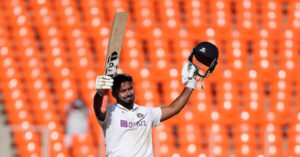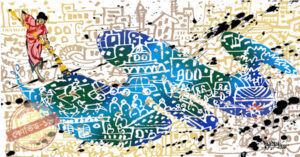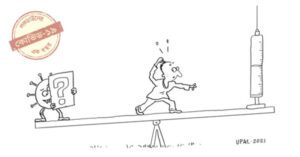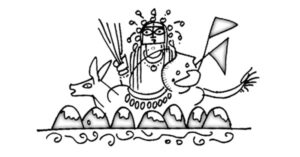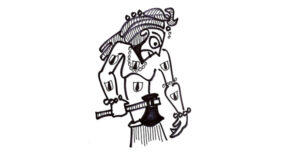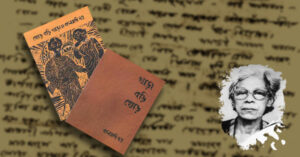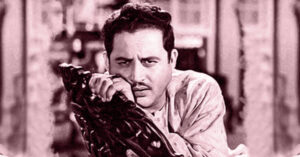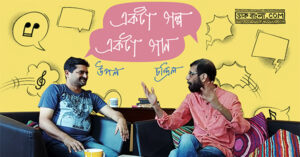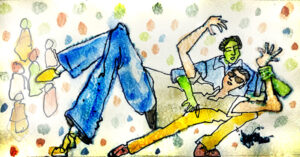
Uttarbanga Diary: Part 2
‘These tales of metamorphosis exist in all cultures… Reading about orphans and the treatment of the social system to such figures in these folktales from northern Bengal as slogans and songs related to the Bengal elections enter the room, I find myself thinking about my LGBT friends and family from this region.’ A queer reading of folktales from North Bengal.

